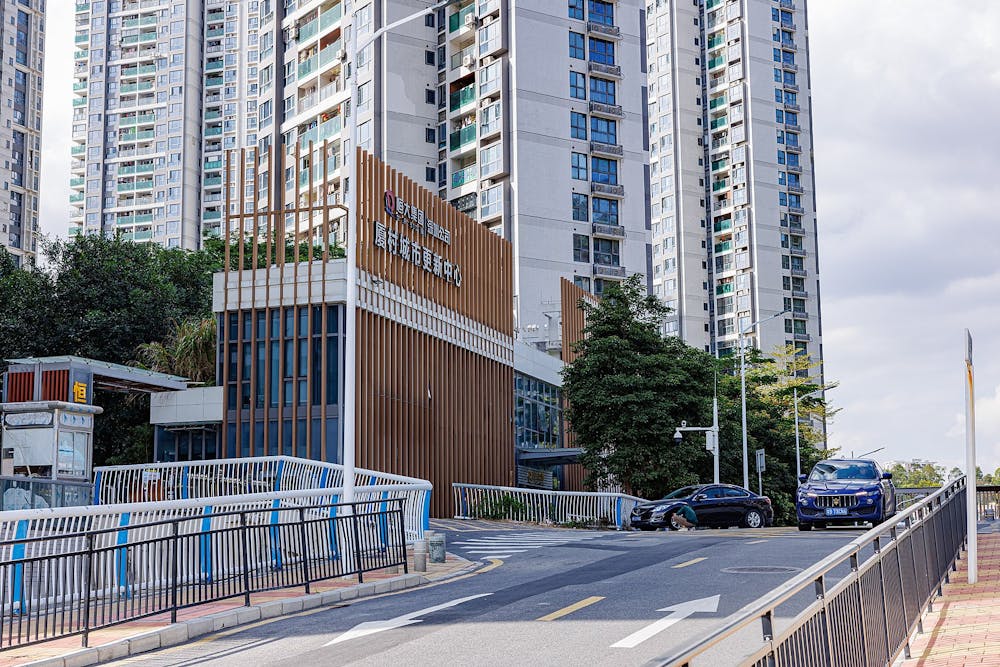By Paige Gould
Staff Writer
Since 2020, there has been an upward trend in debt collected by the Evergrande Group, hinting at its inevitable bankruptcy. The Evergrande Group is listed in Hong Kong Stock Exchange with headquarters in Shenzhen, China.
The Evergrande Group was founded in 1996 and is the largest conglomerate with various businesses and over 1,300 real estate projects in China. As a large property developer in an overleveraged real estate, Hui Ka Yan, the chairman of Evergrande, benefited from the two decade long property boom in the 2000s.
China’s economy suffered from the strict COVID-19 regulations and manufacturing delays. As China’s economy declined, the Evergrande Group took on debt from foreign creditors. The first time Evergrande defaulted on a bond payment was in 2021.
The Evergrande Group is highly leveraged, meaning the firm has more debt than equity. The Chinese government launched the three red lines program, which put a cap on debt-to-equity ratios. This was an effort to deleverage what is the largest real estate business with the most amount of debt in its sector—the Evergrande Group.
The Evergrande stock is listed in the Hong Kong Stock Exchange. The courts going through the bankruptcy proceedings are in Hong Kong. Through the bankruptcy process, a trustee has to seize one’s assets in order to liquidate assets to give back to creditors a company owes. Evergrande’s assets are mostly in provinces in mainland China.
The reason why this is important is due to the fact that different provinces in mainland China don’t recognize the court system in Hong Kong. The trustee, in this case, may not have full access to liquidating some of the assets in every province.
The Hong Kong courts seek to liquidate $300 billion in liabilities. According to Al Jazeera, Judge Linda Chan said, “It would be a situation where the court says enough is enough.” She continued to say, “I consider that it is appropriate for the court to make a winding up order against the company, and I so order.”
According to the World Bank, China is second to the U.S. in GDP. The U.S. and China are interrelated due to their close relationship of imported and exported manufactured goods. If China goes into their own version of the 2008 housing crisis, all of the real estate developers in China will take a hit.
According to NPR, Dexter Roberts, director of China affairs at the Mansfield Center at the University of Montana, said, "[the U.S. and China] are deeply entwined," and most top U.S. multinational conglomerates "secure a significant portion of their revenues and profits from the China market or their supply chains start there."
If a housing crisis happens, then the effects of the collapse of the Evergrande Group will reach the States, too. As NPR mentioned, Diana Choyleva, a senior fellow on China's economy at the Asia Society, stated “If China is having severe deflation at home, pretty much the only choice left would be [for it] to export deflation.”







